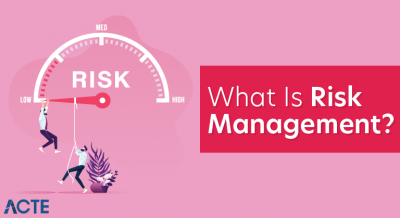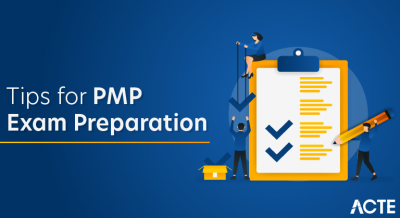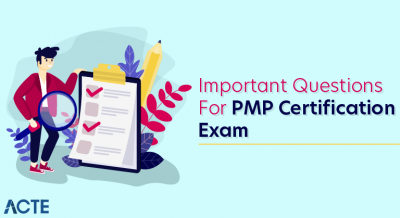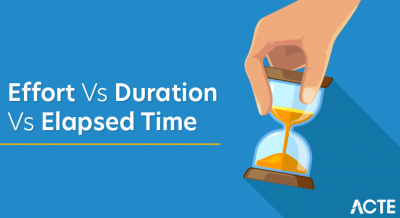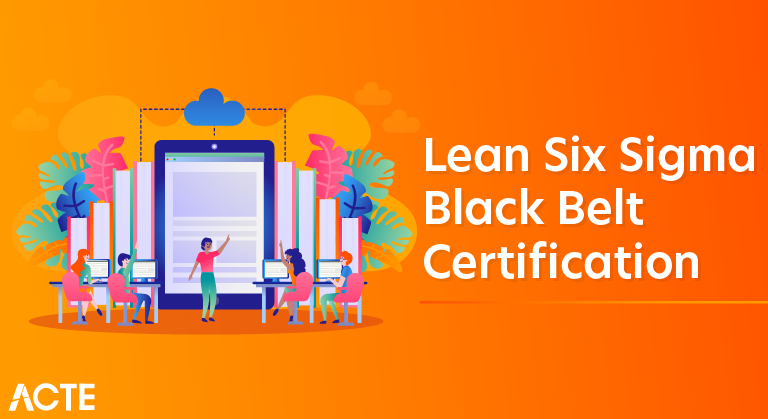
- The Certified Six Sigma Black Belt is a professional who can explain Six Sigma philosophies and principles, including supporting systems and tools.
- A Black Belt should demonstrate team leadership, understand team dynamics and assign team member roles and responsibilities.
- Black belts have a thorough understanding of all aspects of the define, measure, analyze, improve and control (DMAIC) model in accordance with Six Sigma principles.
- They have basic knowledge of lean enterprise concepts, are able to identify non-value-added elements and activities and are able to use specific tools.
Here are the experience and exam specifics for the Certified Six Sigma Black Belt.
Work Experience- Six Sigma Black Belt requires two completed projects with signed affidavits or one completed project with signed affidavit and three years of work experience in one or more areas of the Six Sigma Body of Knowledge.
- For more information, please see the list of Six Sigma Project Affidavit FAQs. You do not need to be a Certified Six Sigma Green Belt.
- Work experience must be in a full time, paid role. Paid intern, co-op or any other course work cannot be applied towards the work experience requirement.
These are the minimum expectations of a Certified Six Sigma Black Belt.
I: Organization-wide Planning and Deployment
- Will understand how to deploy six sigma within a project.
- Will be able to implement tools and techniques to deploy strategic directions for initiatives.
- Will understand the roles and responsibilities for six sigma projects and how each group influences project deployment, and will be able to support communications about the project deployment.
- Will be able to apply operational change management techniques within their defined scope or domain.
II: Organizational Process Management and Measures
- Will be able to define various types of benchmarking.
- Will be able to describe various types of performance measures, and select an appropriate financial measure for a given situation and calculate its result.
III: Team Management
- Will understand the components and techniques used in managing teams, including time management, planning and decision-making tools, team formation, motivational techniques and factors that demotivate a team, performance evaluation and reward.
- Will be able to describe elements that can result in a team’s success.
- Will be able to use appropriate techniques to overcome various group dynamics challenges.
IV: Define
- Will be able to select data collection methods and collect voice of the customer data, and use customer feedback to determine customer requirements.
- Will understand the elements of a project charter (problem statement, scope, goals, etc.) and be able to use various tools to track the project progress.
V: Measure
- Will be able to define and use process flow metrics and analysis tools to indicate the performance of a process.
- Will be able to develop and implement data collection plans, and use techniques in sampling, data capture, and processing tools.
- Will be able to define and describe measurement system analysis tools.
- Will apply basic probability concepts, and understand various distributions.
- Will be able to calculate statistical and process capability indices.
VI: Analyze
- Will be able to analyze the results of correlation and regression analyses.
- Will be able to define multivariate tools.
- Will be able to perform hypothesis tests for means, variances and proportions and analyze their results.
- Will understand the components and concepts for ANOVA, Chi-square, contingency tables, and non-parametric tests.
- Will understand the elements and purpose of FMEA and use root cause analysis tools.
- Will be able to identify and interpret the 7 classic wastes.
- Will be able to use gap analysis tools.
VII: Improve
- Will be able to define and apply design of experiments (DOE) principles, and distinguish among the various types of experiments.
- Will be able to apply various lean tools and techniques to eliminate waste and reduce cycle time.
- Will understand how to implement an improved process and how to analyze and interpret risk studies.
VIII: Control
- Will be able to apply, use, and analyze the various statistical process control (SPC) techniques.
- Will understand total productive maintenance (TPM) and visual factory concepts.
- Will be able to develop control plans and use various tools to maintain and sustain improvements.
IX: Design For Six Sigma (DFSS) Framework and Methodologies
- Will understand common DFSS and DFX methodologies, and elements of robust designs.
Each certification candidate is required to pass an examination that consists of multiple-choice questions that measure comprehension of the Body of Knowledge.
- Computer Delivered – The CSSBB examination is a one-part, 165-question exam, and is offered in English only. 150 questions are scored and 15 are unscored. Total appointment time is four-and-a-half-hours, exam time is 4 hours and 18 minutes.
- Paper and Pencil – The CSSBB examination is a one-part, 150-question, four-hour exam and is offered in English, Spanish, and Mandarin in certain locations.
- View available translated exams, dates and locations here.
- All examinations are open book. Each participant must bring his or her own reference materials. Use of reference materials and calculators is explained in the FAQs.

